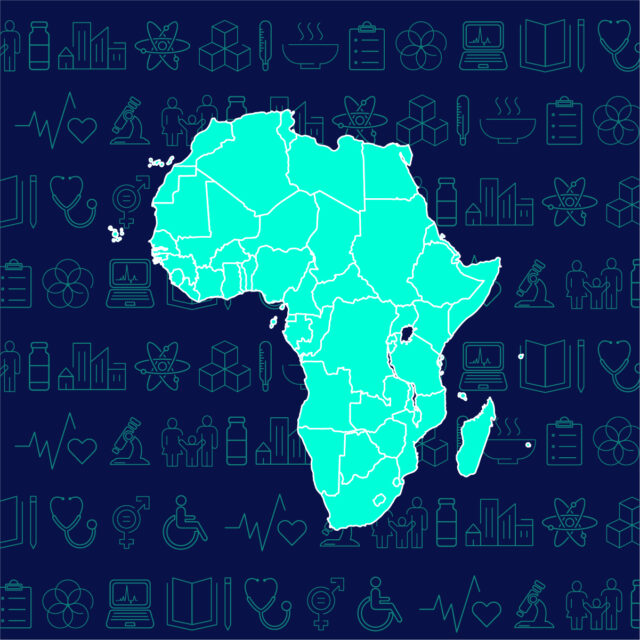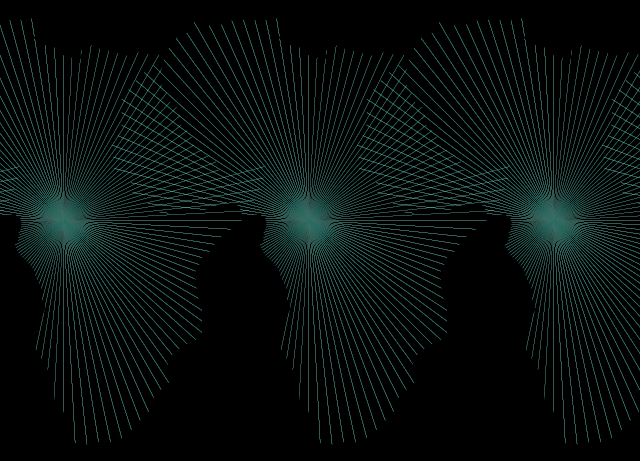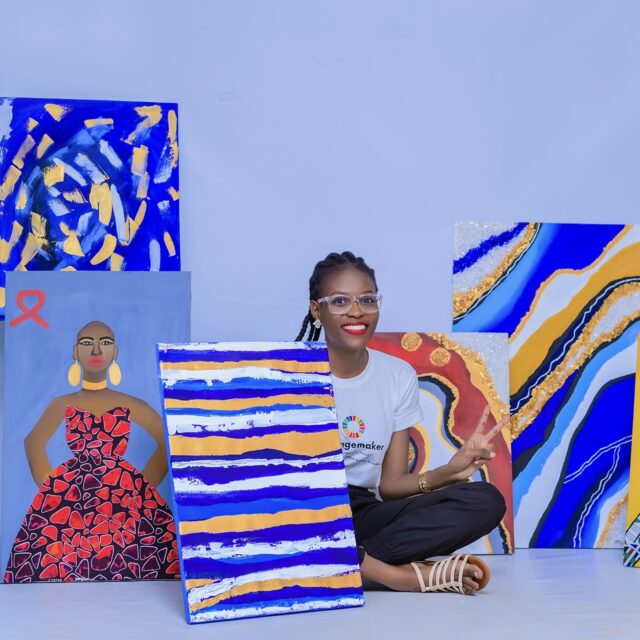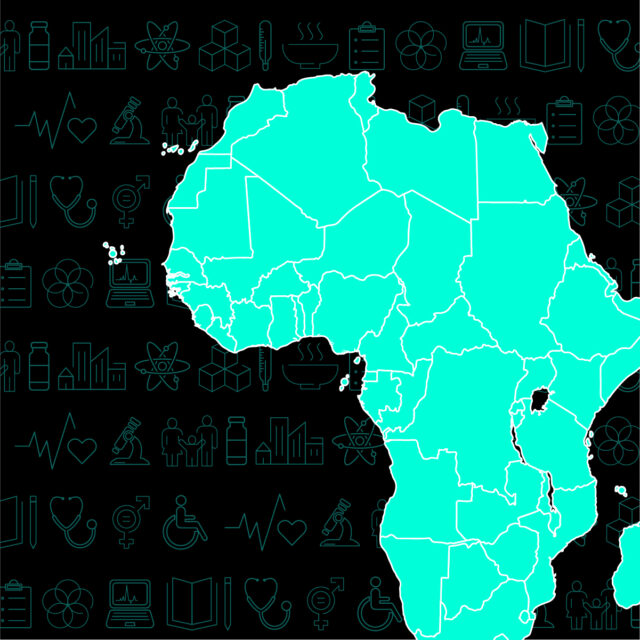Top news
Surging: Deaths from COVID-19 in Africa are surging, with the average daily number of confirmed deaths ticking past 1,000 for the first time since the pandemic began. Confirmed deaths from the virus have increased by 80% in the past four weeks, driven by the spread of the highly transmissible Delta variant. In Lagos, Nigeria’s most populous city, six people are dying per day and the positivity rate of those being tested has increased eightfold in the last month. Lagos’ governor said “the situation at hand should rightly alarm all of us.” In Senegal, hospitals’ demand for medical oxygen is so high that delivery workers are working through the night to keep up. Across West Africa, there are reports of cemeteries being inundated as funeral numbers rise.
Scar on our conscience: Meanwhile, the African continent is set to miss the target of vaccinating 10% of its population by the end of the year. “This should be a scar on all our consciences,” according to the WHO’s Bruce Aylward. We at ONE couldn’t agree more. With only 1.8% of the population fully vaccinated, Africa remains the least vaccinated region in the world, leaving millions needlessly exposed to the virus. Aylward went on to say that if the 4 billion vaccine doses administered globally to date had been prioritised for those aged over 60 around the world, “we basically could have gotten two doses into everybody at highest risk of severe consequences.”
Man-made crisis: The astoundingly unequal global vaccine rollout is no accident. Wealthy nations simply haven’t done enough to ensure sufficient supplies of vaccines for low-income countries. The IPPPR this week gave a damning assessment of wealthy countries’ efforts to distribute the doses they’ve hoarded. IPPPR Co-Chair Helen Clark said “some commitments have been made but much more needs to be done,” adding that “vaccine inequity is a key factor in the wave of death we’re seeing across Africa, Asia and Latin America.” To put it in perspective, while Namibia has run out of vaccines completely, the US has so much surplus that millions of their doses could soon expire on the shelves.
Booster battles: Notwithstanding the above, some high-income countries are gearing up to hoard yet more (!) of the global vaccine supply for possible booster doses, as concern regarding the Delta and Lambda variants abounds. The WHO this week called for a moratorium on booster shots until the end of September to allow low-income countries to vaccinate 10% of their populations first. Scientists haven’t even come to consensus on whether booster shots are even necessary – what can you say…
Double trouble: Nigeria has been hit with a deadly outbreak of cholera just as COVID-19 cases in the country reached their highest levels since March. Health systems in the north of the country, already overwhelmed by rising COVID-19 cases, have been left reeling from the resurgence of the disease, which is spread by contaminated water. Over 650 people have died, as political instability in the north, where the government is battling Islamist militants, is also hindering the authorities’ ability to react.
Boiling over: The pandemic is exacerbating existing political tensions around the world. Anger over vaccine inequity and the economic hardship caused by prolonged lockdowns led to an uptick in civil unrest of 10% globally, with the problem especially prevalent in low- and middle-income countries. Just last month, tensions in Tunisia spilled over into a fully blown political crisis, as the President Kais Saied sacked the country’s prime minister and suspended parliament following mass street protests over the government’s handling of the pandemic, and the military has taken command of the country’s pandemic response.
SA rolling: South Africa has quickened the pace of its vaccination rollout. New vaccination sites have opened around the country, with President Cyril Ramaphosa saying that an average of 220,000 people are now being vaccinated per day. That number is expected to increase significantly in the coming weeks. The increase has been attributed to an influx of donated Pfizer doses from the US. Let’s keep the momentum going!
Money, money, money: The IMF has approved an allocation of Special Drawing Rights worth $650 billion in a boost to the global economy. It’s potentially a big moment in the global fight against the pandemic. Advanced economies will get $400 billion. Africa will get $33 billion. ONE’s David McNair told CNBC Africa that the move is “a major step in the right direction … but if we’re serious about supporting an inclusive and and sustainable global recovery, then wealthy countries must commit to sharing the majority of their SDRs now with countries that need more resources to fight the pandemic.”
Lost potential: Last week, we brought you the rather depressing news that the Global Education Summit fell $1 billion short of its funding targets. Now, new evidence suggests that children in Africa could suffer up to 2.8 years of learning loss as a result of the pandemic, with short-term learning losses in sub-Saharan Africa already hitting one year.
The numbers
- 945.3: The average daily number of confirmed deaths from COVID-19 in Africa in the week to 2 August, the highest average since the beginning of the pandemic.
- $16.6 billion: The remaining financing gap for the Access to COVID-19 Tools (ACT) Accelerator
- 1,253,421: COVID-19 vaccine doses administered in Africa on 3 August, the highest ever total
More reads
- COVID-19 has exposed South Africa’s glaring and enduring inequalities. So argues ONE’s Rasna Warah in her latest blog.
Africa is facing a crisis while in Canada, doses are wasted. Analysis from the ONE team shows that between 16 and 42 million excess vaccines risk being stockpiled or wasted in Canada by the end of the year. - The Africa Women’s Journalism Project-Aftershocks Fellowship has been exposing unreported stories from the pandemic in Africa. Read about the effect of the pandemic on sex workers, the hidden pandemic of long COVID in Uganda, and how COVID is affecting refugees in Africa.
- The need to vaccinate the world is urgent. Tony Blair this week set out his plan to do just that in the Financial Times.
COVID-19 has forced governments to increase spending. New research from Nigeria draws lessons for macroeconomic policy from the country’s experience. - Misinformation about COVID-19 has been a huge challenge. The WHO and partners are working to reduce the spread of COVID-19 myths in Africa, particularly via social media.
- What role could trade play in reducing vaccine inequity? Violeta Gonzalez explores 4 ways to address what is a truly solvable problem in a Devex opinion piece.



